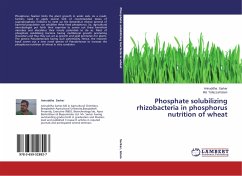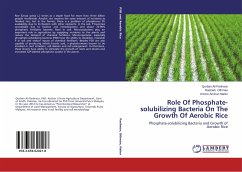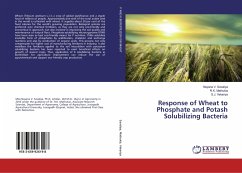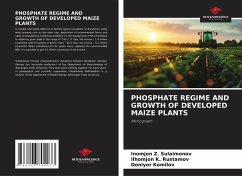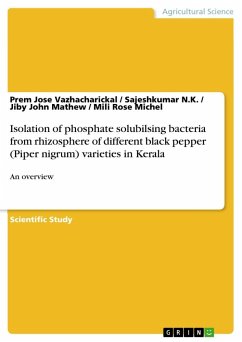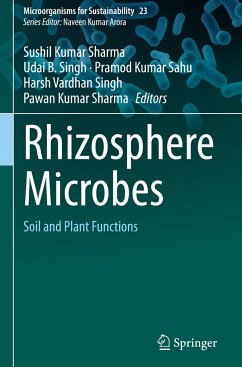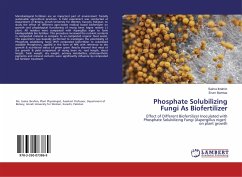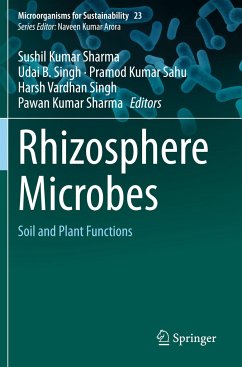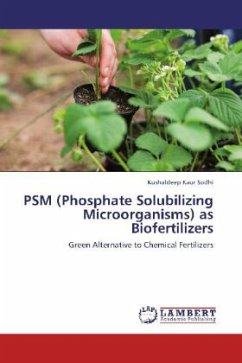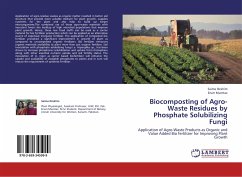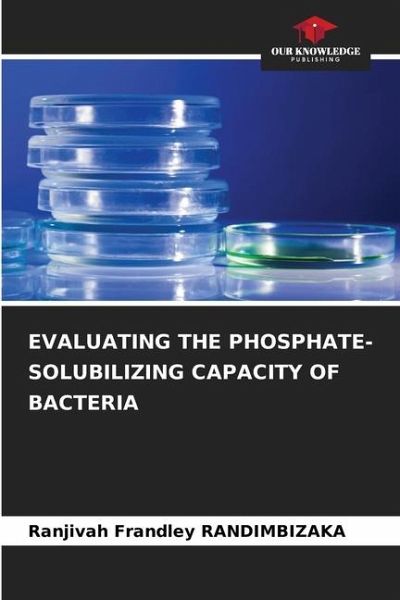
EVALUATING THE PHOSPHATE-SOLUBILIZING CAPACITY OF BACTERIA
Versandkostenfrei!
Versandfertig in 6-10 Tagen
29,99 €
inkl. MwSt.

PAYBACK Punkte
15 °P sammeln!
Bacteria capable of solubilizing phosphates (BSP) play an important role in improving phosphorus availability to plants by releasing inorganic and organic phosphorus from the soil through solubilization and mineralization. The main objective of this study was to evaluate the density and phosphate solubilizing capacity of bacteria in different types of soil in Madagascar. The results showed that, among the soils studied, the soil influenced by the invasive plant, Grevillea banksii, had the highest number of BSP (58%), followed by the soil under the medicinal plant, Momordica charantia (35%) and...
Bacteria capable of solubilizing phosphates (BSP) play an important role in improving phosphorus availability to plants by releasing inorganic and organic phosphorus from the soil through solubilization and mineralization. The main objective of this study was to evaluate the density and phosphate solubilizing capacity of bacteria in different types of soil in Madagascar. The results showed that, among the soils studied, the soil influenced by the invasive plant, Grevillea banksii, had the highest number of BSP (58%), followed by the soil under the medicinal plant, Momordica charantia (35%) and bare soil (5%). Thus, the best-performing isolates were obtained from the rhizosphere of soil influenced by G. banksii, representing a halo diameter of around 6mm, a phosphate solubilization index of up to 3, a solubilized phosphate quantity of over 5.08 mg/l and a pH value of around 4.36. This study has enabled us to select high-performance bacteria in terms of their ability to solubilize soil phosphates, bacteria that could be used as biofertilizers in agricultural systems.





